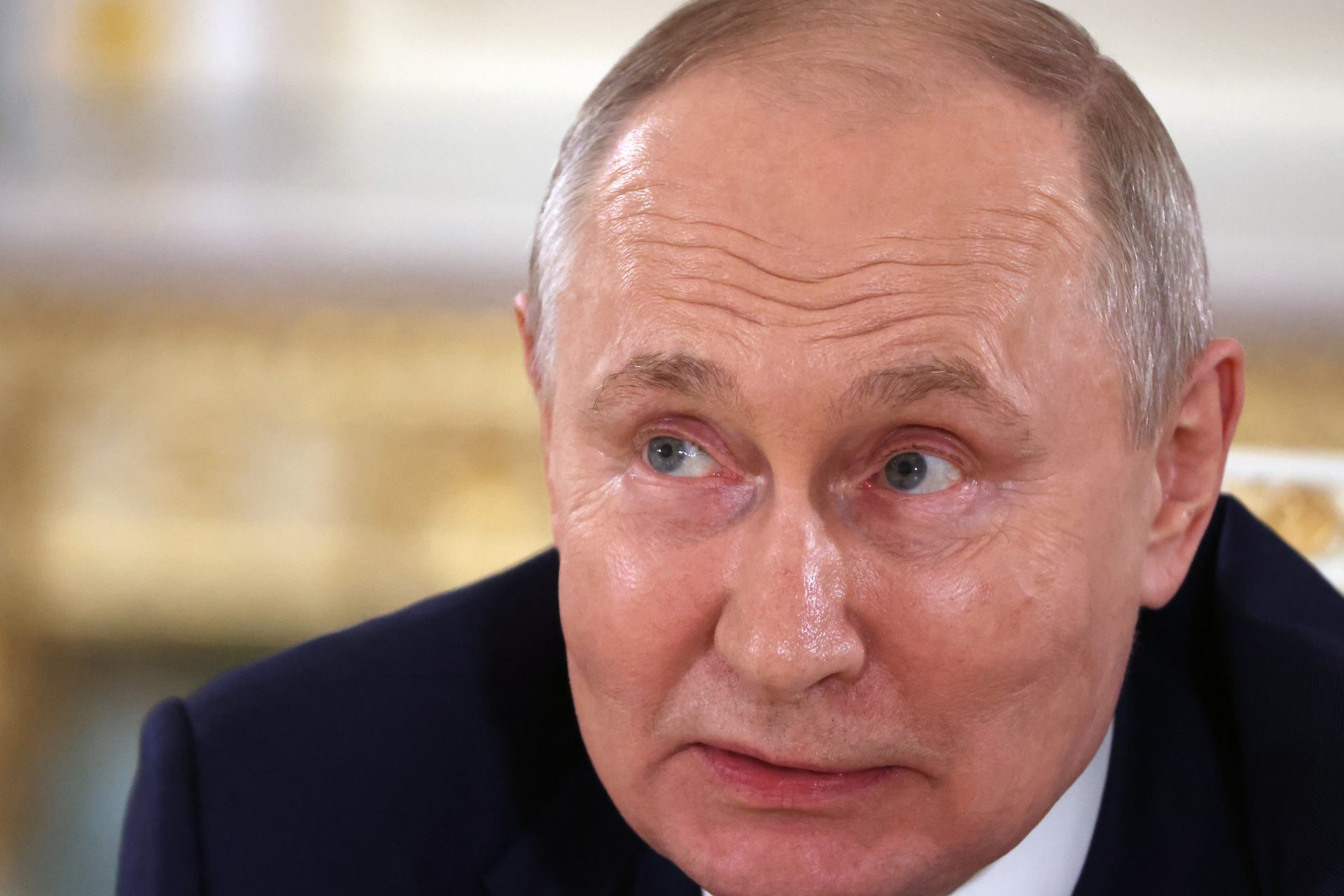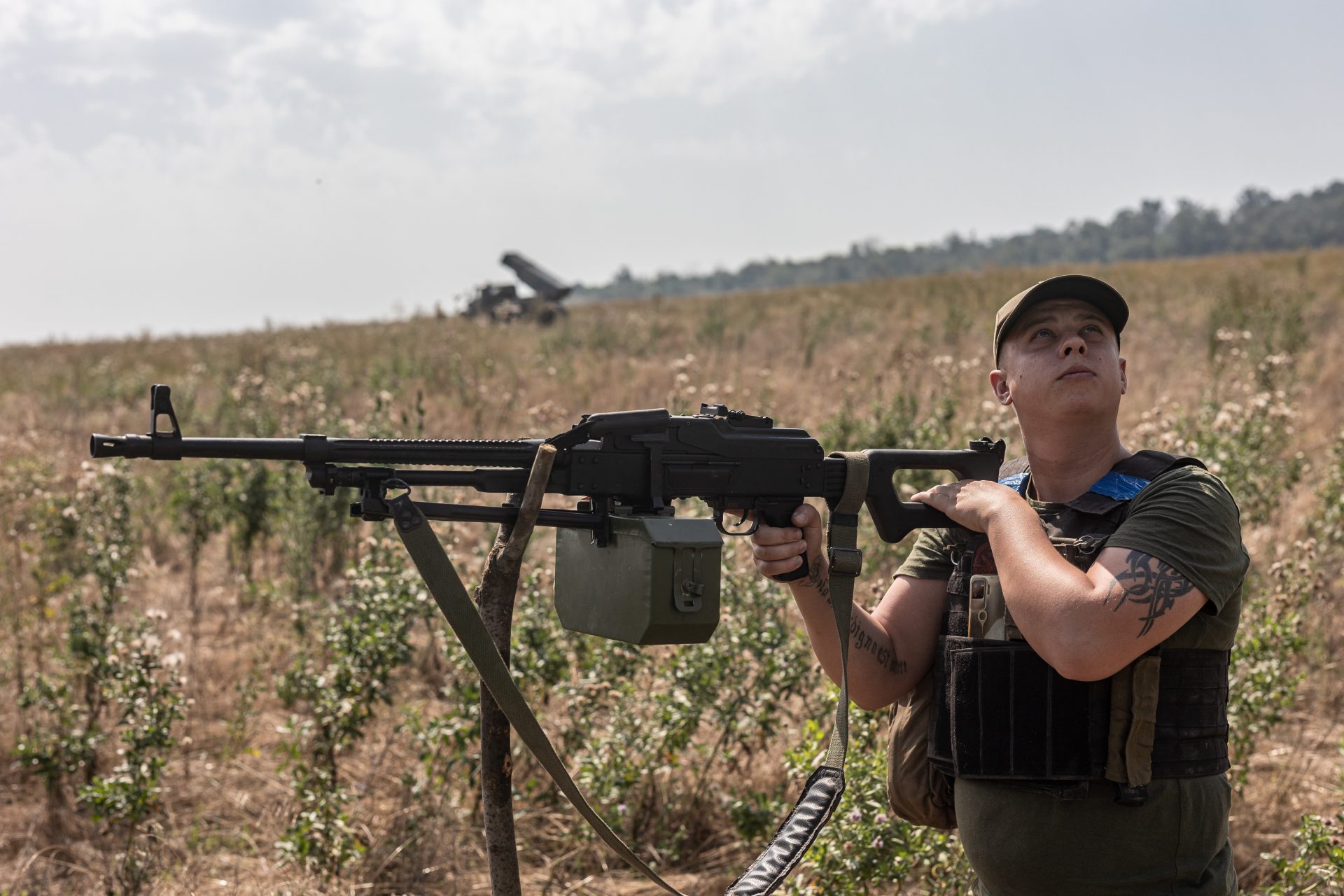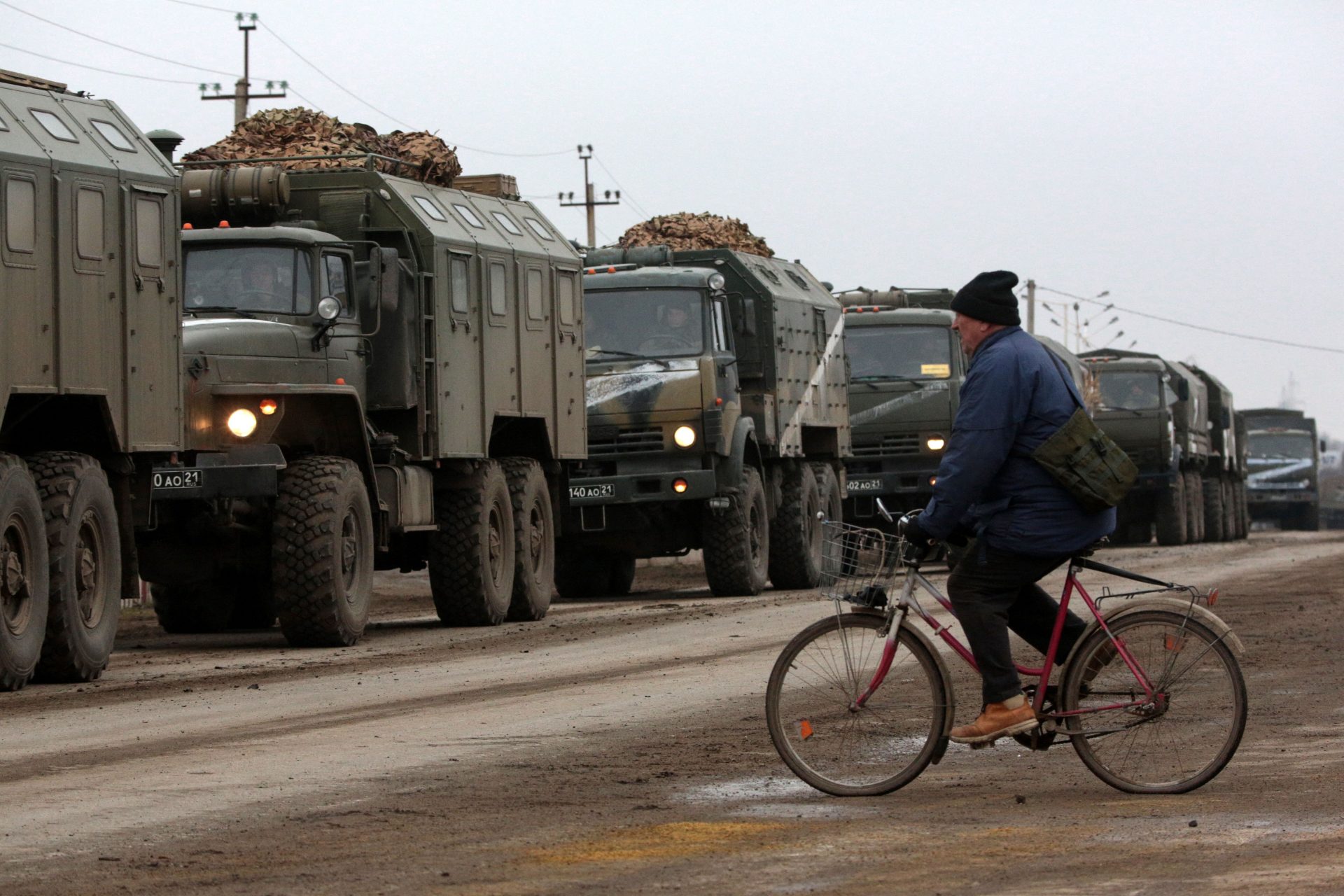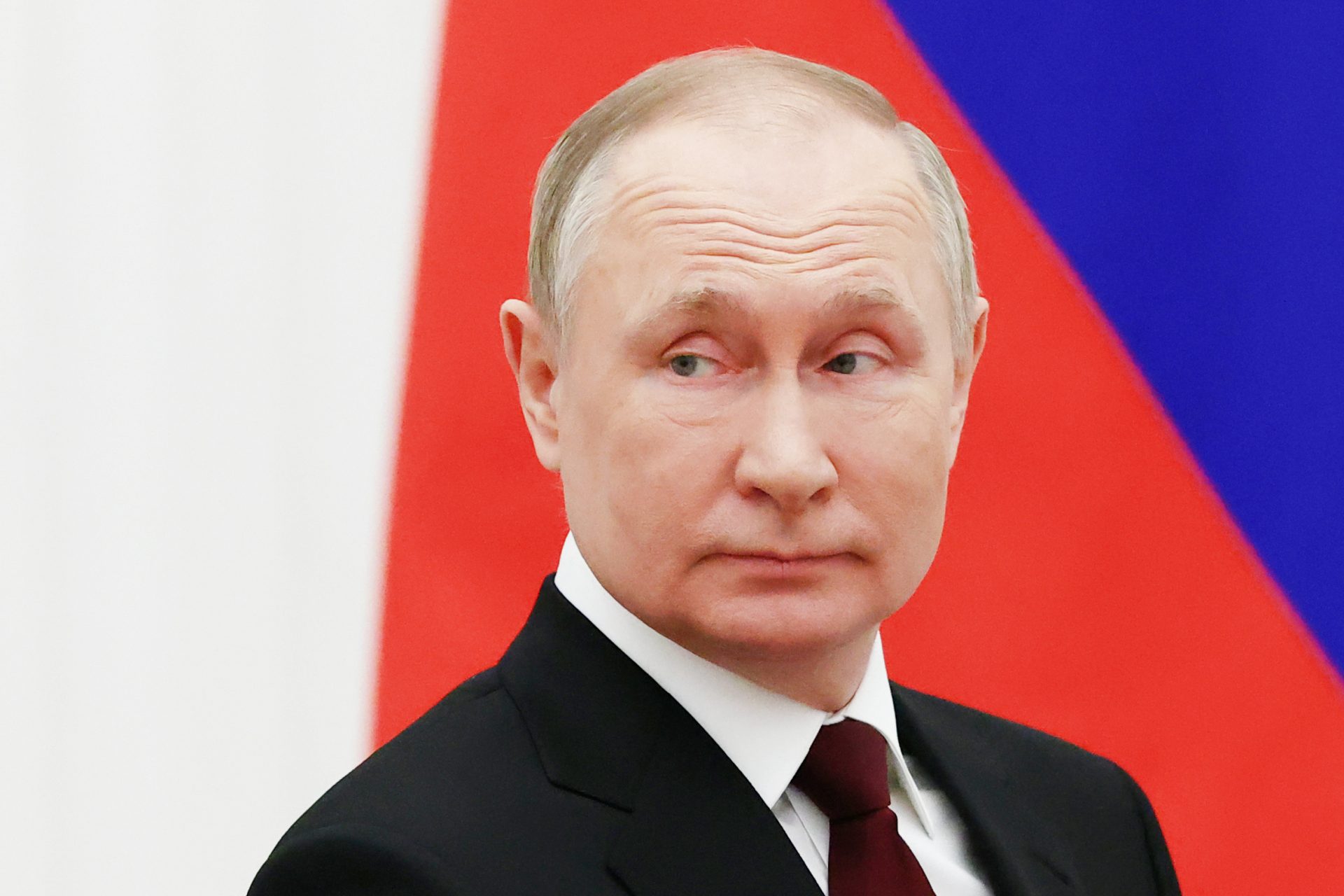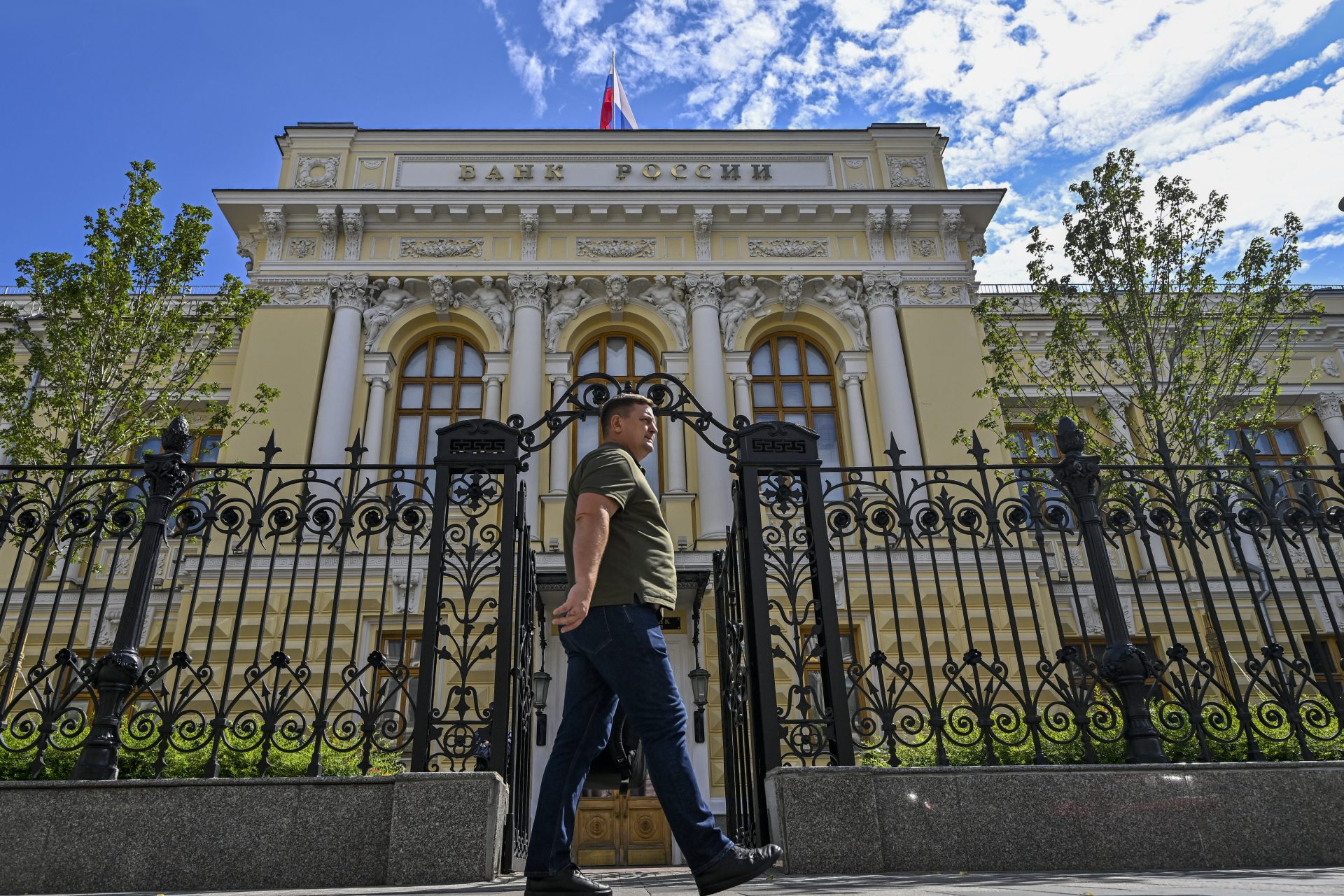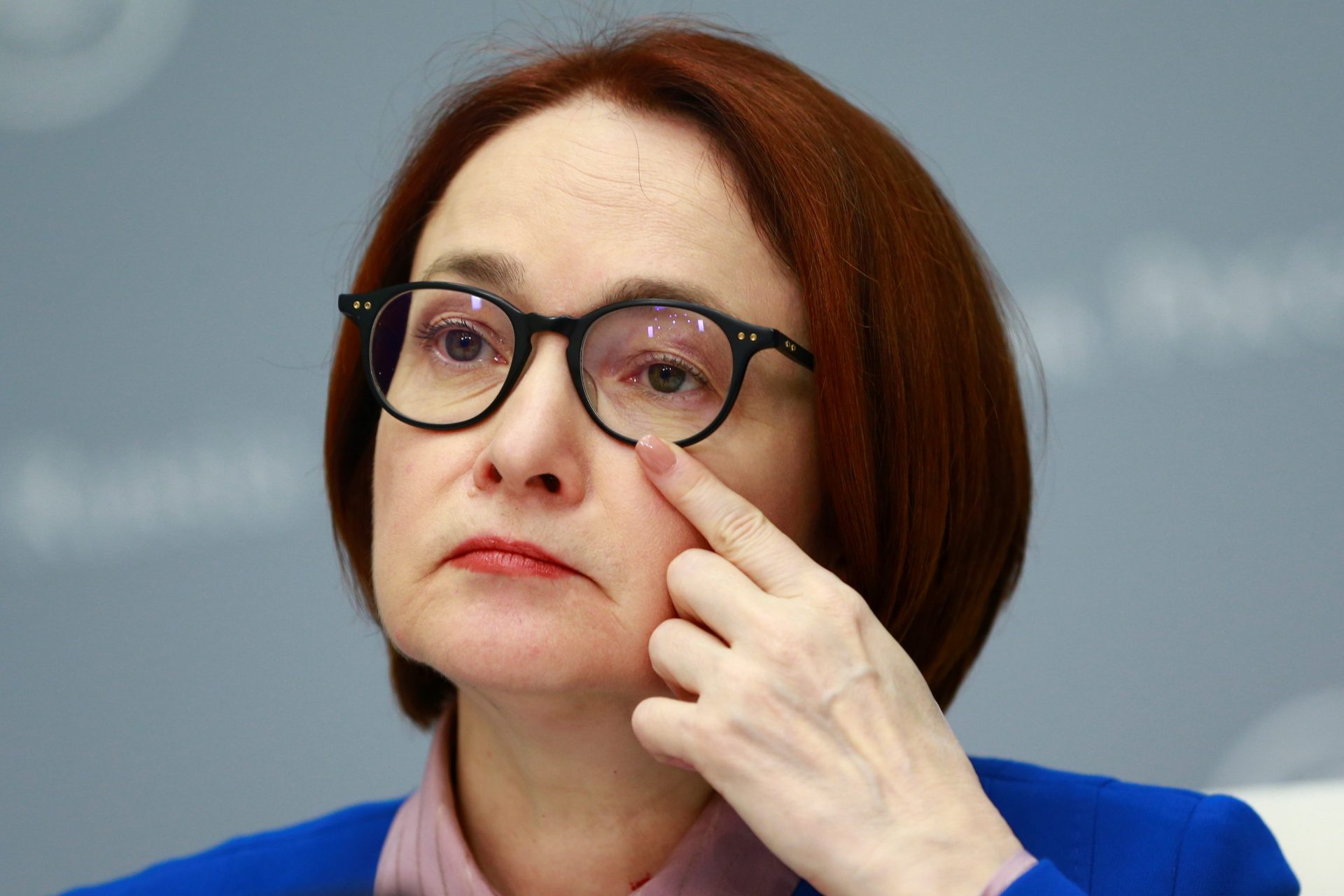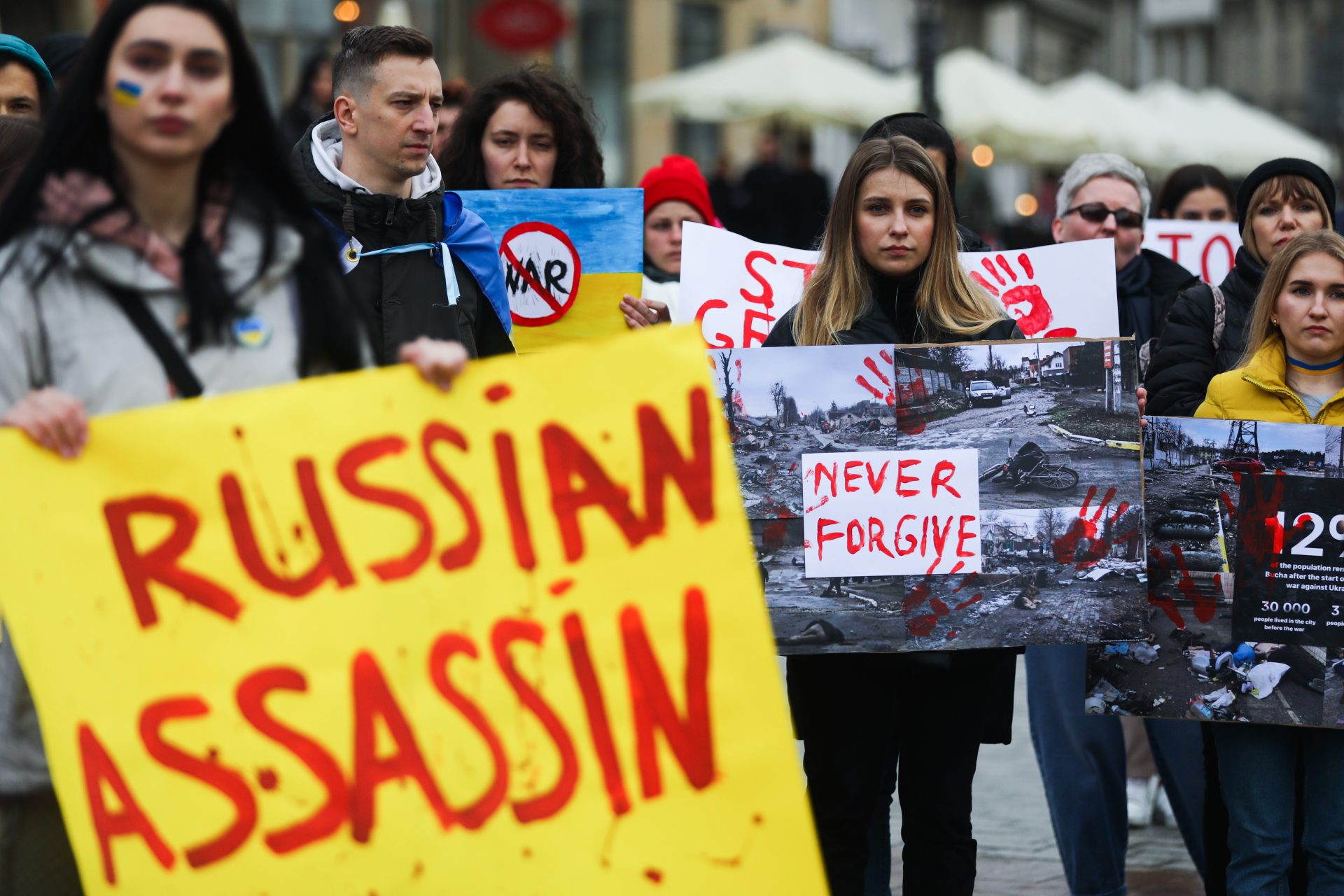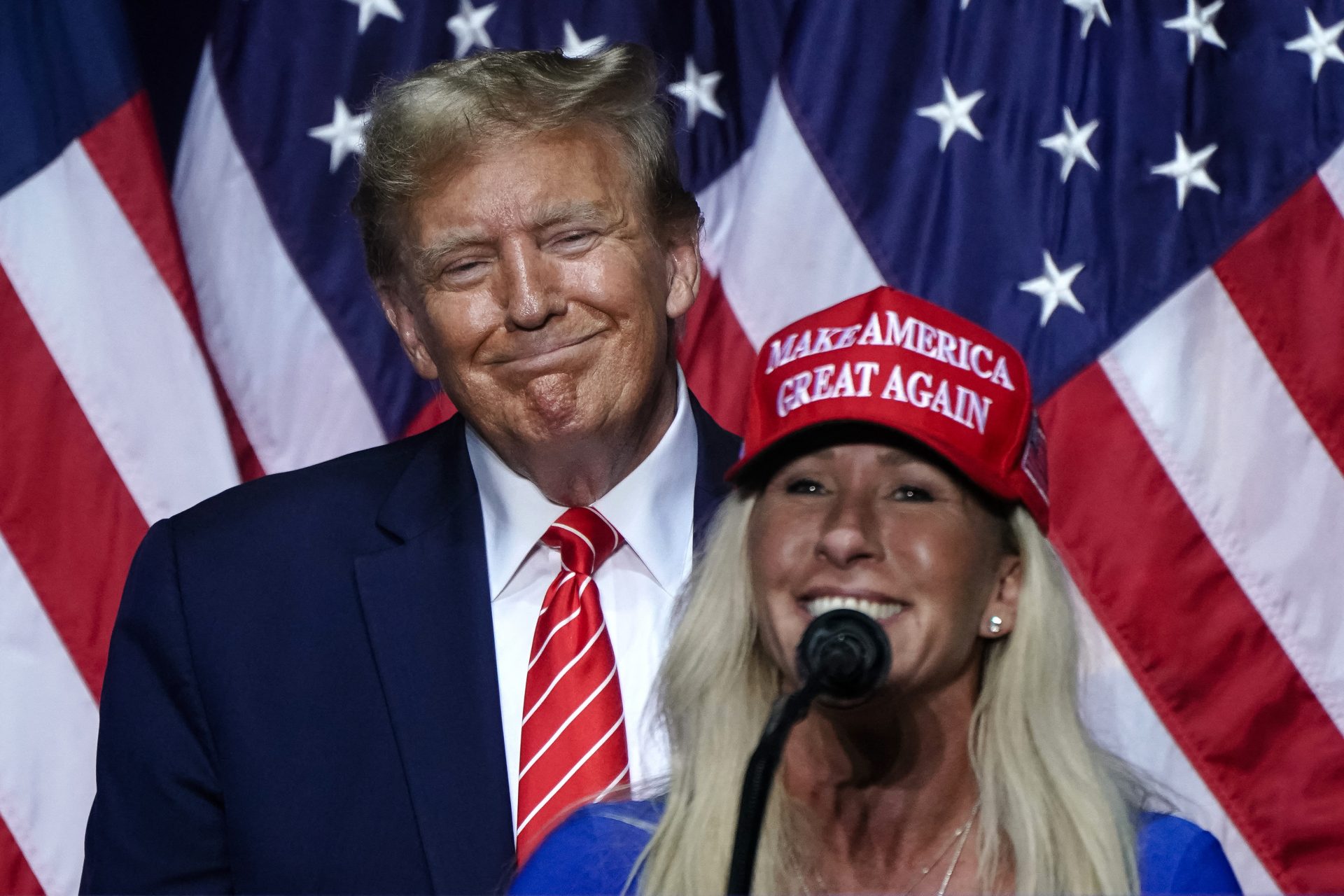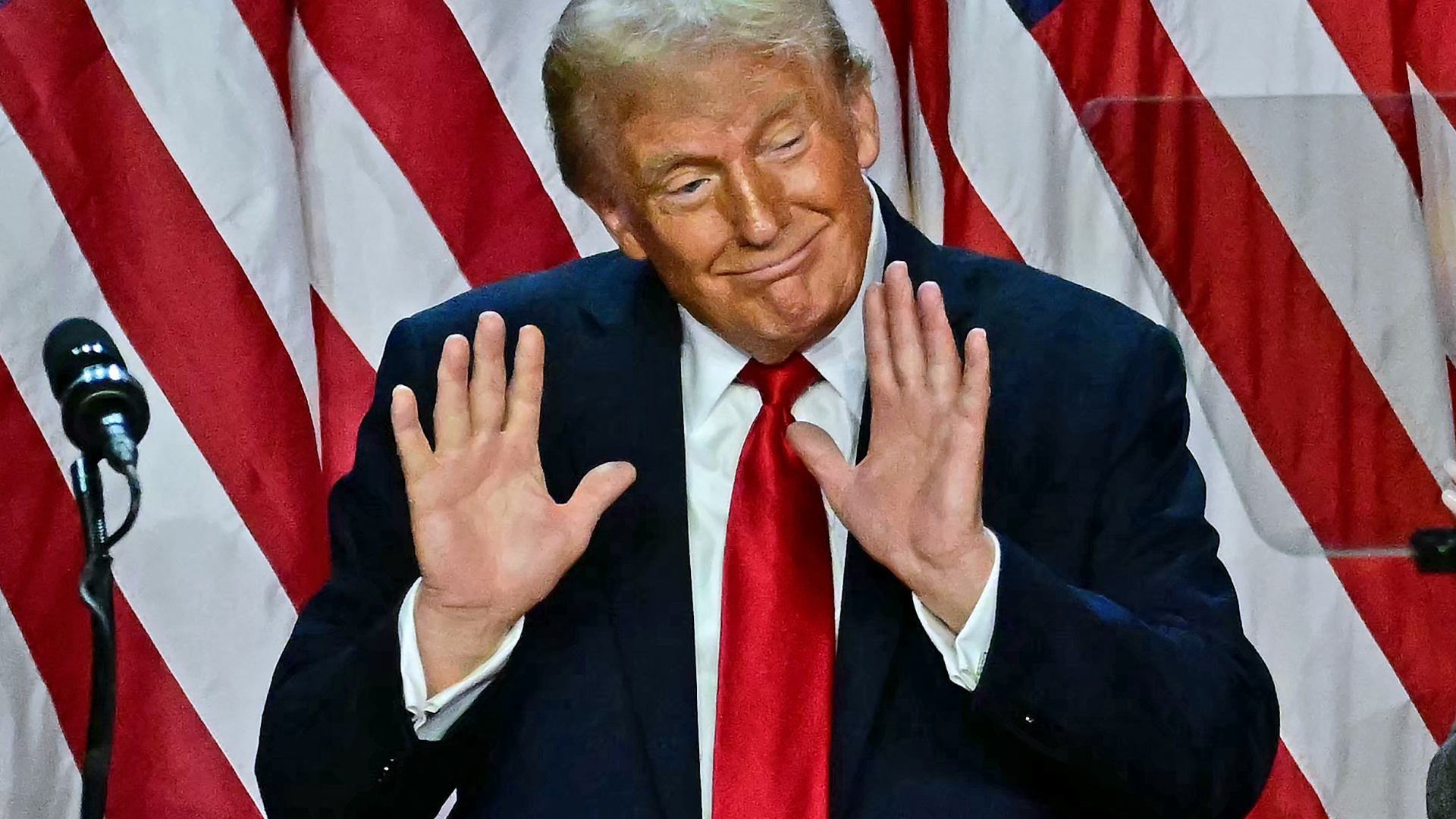Russia’s currency is crashing, will Putin be forced to consider negotiating with Ukraine?
Russia's financial problems are dire causing Putin and his government to take drastic measures. Many have begun to speculate if financial troubles in the country may finally be getting serious enough that Russia finally considers negotiating with Ukraine.
Russia’s ruble crashed past 100 against the dollar and the troubling fall of Moscow’s currency has prompted some extreme measures from government officials in response.
One of the biggest questions that has been on the mind of those watching the economic catastrophe unfolding has been: will Moscow have the cash to continue funding its war?
Let’s back up and look at what’s been happening to Russia’s currency since its military forces invaded Ukraine as well as what sparked the ruble's downturn against the dollar.
The ruble crashed in the immediate aftermath of Russia’s invasion of Ukraine and slid to just 130 against the dollar after heavy sanctions were imposed on the country by the Western nations according to the Associated Press.
The Central Bank of Russia was able to eventually salvage the situation with a number of complicated policy moves that saved the country’s economy from ruin. But this move came at a heavy cost for Russian citizens.
Capital controls were put into place according to The Moscow Times and an emergency interest rate hike coupled with a surge in weapons production stabilized the ruble and it saved Moscow from a double-digit hit to its GDP.
The ruble stayed relatively stable for a time but by June 2022 the currency had already lost half of its value and has been on the downslide ever since. Much of the problem has to do with low oil prices and the cost of fighting in Ukraine.
Russia doubled its defense budget for 2023 to more than $100 billion dollars in order to cope with the cost of fighting in Ukraine—a figure that represents one-third of Moscow’s total budget according to a report from Reuters.
At the same time, the Western oil cap and lack of demand for Russian gas have taken a toll on the country’s economy. DW News spoke with author and former European Union diplomat Albrecht Rothacher, who explained why oil prices were affecting the ruble.
Essentially, the decoupling of European energy needs from Russia in combination with Western nations forcing Russia to sell its oil below market value had brought Russian oil and gas export revenue from $16.8 million in July 2022 to $6.9 million in July 2023.
DW News added that another likely factor was the withdrawal of foreign companies from Russia, and the news agency quoted statistics from Bloomberg Economics showing that foreign companies sold off $15 billion to $20 billion in Russian assets in 2022.
In response to its crashing currency, the Russian Central Bank held an on August 14th and hiked the country’s key interest rate by 350 basis points (3.5 percent) up to 12% in order to halt the threats posed by the ruble's downturn against the dollar.
“Inflationary pressure is building up,” the central bank wrote in a statement, adding that as of August 4th, the country’s inflation rate had surpassed its 4% target and jumped up to 4.4% while core inflation reached 7.1%.
“Steady growth in domestic demand surpassing the capacity to expand output amplifies the underlying inflationary pressure and has [an] impact on the ruble’s exchange rate dynamics,” the statement continued.
As a result, the central bank statement noted that inflation was expected to continue rising and the decision to hike the interest rates was done in order to bring inflation in the country back down to the bank’s 4% target.
However, the move to hike rates isn’t going to stem the issue according to Liam Peach, an economist with Capital Economics, who explained to CNN that the rate hike would only “temporarily slow the bleeding.”
Photo Credit: Twitter @peach_liam
“The ruble’s depreciation is a consequence of many factors moving against Russia all at once,” Preach continued, which means we’ll probably see the ruble slip even further in the coming months—hopefully even enough to bring Moscow to the negotiating table.
More for you
Top Stories




